Is long-term disability taxable?
If you are thinking of filing for long-term disability benefits, or if you are already receiving these benefits, you may be wondering “is long-term disability taxable?”
The short answer is – it depends.
Long-term disability insurance (LTD) is coverage, often purchased privately through your employer, that pays a monthly benefit if your illness or injury prevents you from working long term. Typically, this is a percentage (usually 60-70%) of the income you earned when you were able to work.
There are factors that complicate whether or not your disability benefits will be taxed. Ronstadt Law has partnered with Samantha Hagen of Phoenix-based CPA firm Christophel & Hagan to help answer your most frequently asked questions regarding taxes and your long-term disability benefits.
When Are Long-Term Disability Benefits Taxed in Arizona?
The source of your disability income plays a part in determining whether your long-term disability benefits are taxed or not. Ultimately, the taxability of your LTD benefits largely depends on whether pre- or after-tax dollars were used to pay for the premium. If you paid your premiums with after-tax dollars, then generally, your benefits will not be taxed, or will be taxed less. This applies if you paid into an individually purchased plan or if you paid into an employer-sponsored insurance plan.
The issue of whether or not your long-term disability benefits are taxed becomes more complicated if you have long-term disability insurance through your employer. If you have an employer-sponsored long-term disability plan, then your employer may have paid your premiums either in whole or in part. You may be responsible for paying taxes on the portion of your benefits paid for by your employer. This may either be for your entire benefit amount, or only for a partial amount of your benefits. If you paid for part of your premium with after-tax dollars, then this portion of your disability benefits won’t be taxed.
Let’s go through an example. If your employer paid 50% of your long-term disability insurance premium, and you paid the other 50% with after-tax dollars, then you are only responsible for paying taxes on the half of the benefit amount paid by your employer. However, if your employer paid 100% of your premium, then you may be responsible for paying taxes on 100% of your benefits.
The IRS has more information on the specifics of long-term disability benefit taxability.
Does Arizona Tax Social Security Disability?
Social Security disability benefits are not usually taxed, though there are exceptions to this general rule. If you are receiving Social Security disability benefits and you have other forms of income that put you over a certain income threshold determined by the government, you may owe taxes on the amount of income over that threshold.
There are guidelines for determining whether you have to pay taxes on your Social Security disability benefits. To figure out whether these benefits will be taxed, first add half of your benefit amount to your total income. If you are single and this amount is lower than $25,000, or if you are married and filing jointly and this amount is lower than $32,000, then you probably don’t owe taxes on your benefits. Check out the IRS website for more information about the taxability of Social Security disability benefits.
How can I figure out if my long-term disability benefits are taxable?
It can be tricky to try and figure out whether your long-term disability benefits will be taxed. Speaking with an Arizona long-term disability lawyer at Ronstadt Law will help you understand the taxability of long-term disability payments related to your situation. Contact us for your free case evaluation today.
Many thanks to Samantha Hagan, Partner and CPA of Phoenix accounting and tax service firm Christophel & Hagan!

Erin Ronstadt
Long-Term Disability Lawyer - Arizona

Samantha Hagan
Certified Public Accountant
Samantha Hagan is a Certified Public Accountant who specializes in assisting small business clients with tax planning and understanding their financial position. Specialties include QuickBooks consulting and setup, financial statement preparation, business entity setup, individual and business tax return preparation, non-profits, tax audits, tax problem resolution, loan packaging, tax planning and consultation, sales tax, and payroll.






